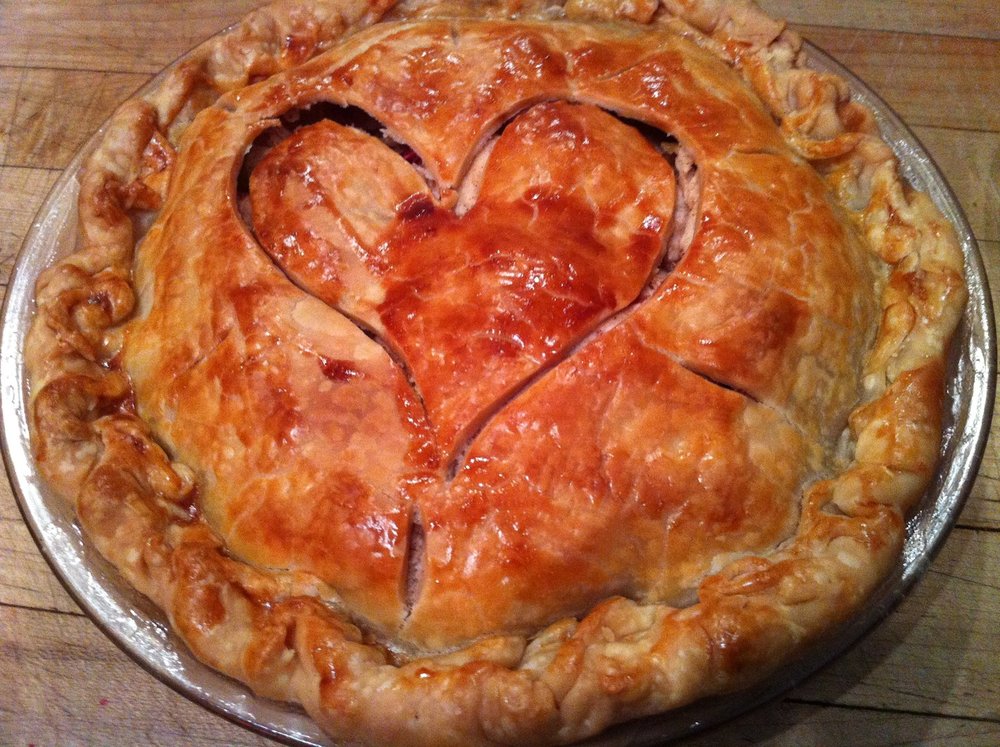From the perspective of being a professional organizer for more than twenty years, I consider my field to be one of the helping professions. There are many ways I assist my clients, which involve helping them with their “stuff.” I use that term loosely because it isn’t always the traditional physical things of life that are part of the work. The “stuff” extends to emotions, time, transitions and more. While the list is extensive and ever changing, I’d like to share a recent sampling of how I’ve helped. While my clients have a wide range of needs, I specialize in working with individuals who are chronically disorganized. I have extensive training and certification in chronic disorganization through the Institute for Challenging Disorganization (ICD.)
What are some of the ways organizers help their clients? Depending upon your perspective, as you read ahead you might identify ways that you might benefit from hiring an organizer. Or perhaps, you’ll discover new options to provide organizing help to others. I look forward to hearing your thoughts.
10 Ways Organizers Help Clients With “Stuff”
1. Assessment Stuff -Organizing involves doing but also thinking. Assessing is done at various stages in the organizing process. It’s always done before work begins so we can understand the organizational areas that need attention. Assessments don’t end there. They continue once the work begins. Each organizing visit includes an assessment before, during, and at the end to help clients stay focused, adjust the scope as needed, and acknowledge their progress.
2. Physical Stuff -No matter how much the digital era has infiltrated our lives, we still have an abundance of physical things to manage, maintain, evaluate, and organize. From papers to clothing to toys and gadgets, helping to organize the physical possessions of life and the space we live and work in is a major part of the work I do.
3. System Stuff -With all of this stuff, we need systems to manage everything from paper flow to recycling, donation, or return centers. Those are some of the ways I help my clients organize.
4. Emotional Stuff -There are distinct boundaries between organizers, coaches and therapists. You might more readily equate “emotional stuff” with a therapist’s work than you would with an organizer’s. I’m not a therapist and respect the professional boundaries. However, organizing and going through “our stuff” can bring up an array of emotions. So while I don’t counsel, I am there to support my clients during the organizing and letting go process, which can be highly emotional.
“Organizing involves doing but also thinking.”
5. Maintenance Stuff -Even after all “things” are organized and in place, there is often a need for periodic maintenance, especially with the chronically disorganized population. This can involve clearing spaces, closets, or surfaces that were previously organized. It can include processing and filing papers, updating financial records, or switching seasonal clothing. Scheduling maintenance builds in time to reroute and restore things to their designated homes and evaluate changes that might be beneficial.
6. Project Stuff -Instead of ongoing, overall organizing help, some clients enlist help for specific projects. This can include everything from organizing a closet to house linens, clothing or gifts to setting up a unique paper management system for college applications, committee work, or writing projects to making lists and packing for a trip. The help needed is often short-term, clearly definable, and has a distinct beginning and end.
7. Routine Stuff -There are times that clients need help for managing routine items like making calls for research, setting up, reviewing, or canceling accounts, making appointments, logging receipts, updating check registers, processing mail, making lists, or writing correspondence.
8. Resource Stuff -More often than not, I’m asked about specific resources for my clients. Their requests range widely for help finding best places to purchase organizing products to sources for donating furniture to companies that remove junk to therapists that specialize in compulsive buying. I’m constantly collecting new resources, generously shared from other professionals, friends, and family.
9. Time Stuff -Many clients are overwhelmed by their overflowing calendars. Their schedules can feel as cluttered as their spaces. The busyness also affects their thoughts, which can create mind clutter. For many clients, I help them evaluate their time commitments, establish their priorities, work on planning, and design a more comfortable version of the 24 hours they have each day.
10. Transition Stuff -A favorite aspect of my work is the long-term relationships that develop. Especially because of this longevity, I have the privilege of helping clients navigate the organizational parts that life’s transitions bring such as marriage, birth, graduation, job change, children leaving, children returning home, moves, divorce, loss, death. Transitions are dramatic periods of change. Being able to help clients organize during the tumult gives them some sense of control, normalcy and comfort.
I’d love to hear from you. Are you thinking about enlisting help from an organizer? Are you an organizer that helps others? Perhaps you’re in another helping profession. Which ways to get help with “stuff” resonate with you? Introduce yourself and come join the conversation!





